In this post, I explained what tokenized stocks are and how to get them.
Tokenized stocks give you ownership of share derivatives in a business or organization.
Think about having a share in Tesla, Apple, Netflix, and the likes the same way you’d buy bitcoin.
Sounds great, huh?
Keep reading to see how to get them.
Post Summary
- What Are Tokenized Stocks?
- Why Create Tokenized Stocks?
- How To Get Tokenized Stocks
- Pros & Cons Of Tokenized Stocks
- FAQs
- Conclusion
Click on any item above to read its details immediately.
1. What Are Tokenized Stocks?
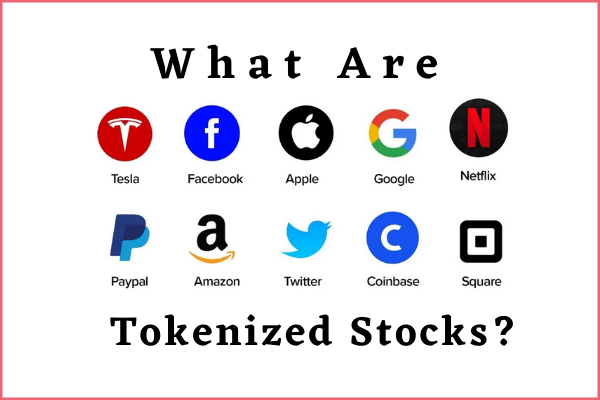
Tokenized stocks are equity shares of a business or organization that have been converted to digital tokens.
That is, issuing traditional assets like stocks, shares, etc, in the form of tokens.
These tokens have the same value as the traditional assets they represent.
And they are issued the same way (public sale) only that the tokenized stocks are blockchain-based.
So, they are used to raise funds via an ICO (and not IPO) just like other crypto projects.
Apart from fundraising, companies issue tokenized stocks to monitor the performance of the underlying asset.
For example, mAAPL is a derivative that tracks the performance of a share of Apple stock, not necessarily ownership in the company.
However, your wallet is still worth the value of that stock when you buy its token. 😉
But why do companies bother to create tokenized stocks?
I discussed that in the next section.
Keep reading!
2. Why Create Tokenized Stocks?
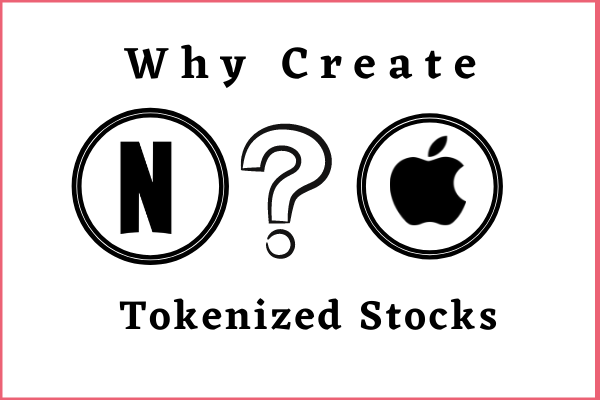
It’s majorly a matter of convenience. 😃
Because the adoption of blockchain is growing, businesses will have a large audience when they issue their shares in the form of coins or tokens.
Also, it saves them the hurdles of traditional funding which include:
- Regulatory requirements e.g. maintenance of books and accounts
- Adherence to stock exchanges’ strict rules
- Delay of banks/financial institutions to issue credit
- The challenge of convincing private investors
Additionally, the creation and transfer of tokens are more affordable and faster with blockchain technology.
Plus, the real value of the business is determined from the direct participation of interested investors.
And market forces (like demand and supply) influence the value of the business.
Unlike the traditional setting, where valuation is dependent on a select group of sponsors or angel investors.
Furthermore, blockchain helps facilitate other necessary activities like dividends, mergers, acquisitions, shareholder voting, and follow-on equity sale offers.
Cool!
Moreover, tokenized stocks give you and me the opportunity to buy a share in the big companies. 😉
Let’s see how to get these tokens in the next section.
Tag along!
3. How To Get Tokenized Stocks
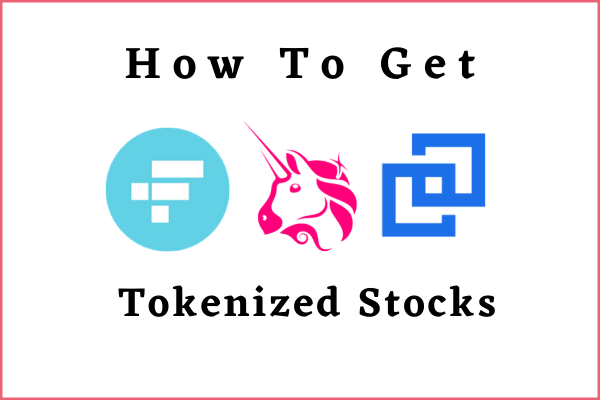
There are two core ways:
a. ICO – if you are aware of it, you can participate in the ICO of a tokenized stock to get it.
b. Cryptocurrency exchanges – otherwise, you can buy it from exchanges that support tokenized stocks.
FTX and Bittrex are the top exchanges that offer this product.
Binance used to but it stopped in July 2021.
Check out this list of tokenized stocks and the exchanges where you can buy them 👇
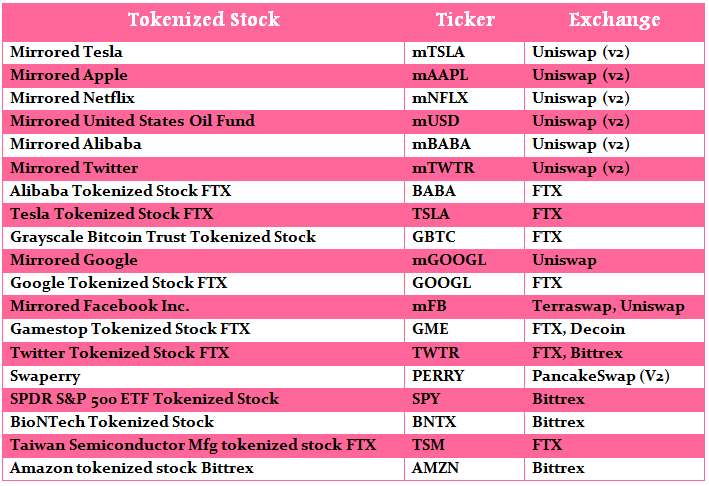
Find others here.
Moving on, I mentioned the pros and cons of these tokens.
Keep reading!
4. Pros & Cons Of Tokenized Stocks
Pros
i. You can buy a fractional tokenized stock if you cannot afford an entire share of stock.
ii The market for tokenized stocks is highly liquid because people can buy fractional shares.
iii. They are available for trading 24/7.
iv. It makes stock ownership more accessible and affordable to foreign investors and individuals.
Cons
i. Since they’re pretty new, it may not be easy to speculate their growth like other cryptocurrencies.
ii. The value of tokenized stocks rests on the traditional assets they represent.
Gratefully, the pros outweigh the cons, so, you may consider investing in these tokens.
Nevertheless, remember to do your due diligence.
We’re almost done here. Let’s answer some frequently asked questions and then we can call this post a wrap.
5. FAQs
I cannot say for sure because the legal and regulatory status of these tokens is uncertain.
Though SEC states that tokens offered through ICOs that meet the definition of a security will be regulated as such, exchanges that trade tokenized stocks argue that since they aren’t stocks, but derivatives, they shouldn’t be subject to the same regulations.
All tokenized stocks represent traditional assets but not all security tokens are backed by traditional assets.
You can learn more about security tokens here.
Some blockchain projects are focused on the design and issuance of these tokens.
They include Templum, Digital Assets AG, CM-Equity, PolyMath, SpiceVC, etc.
Heads Up!!!
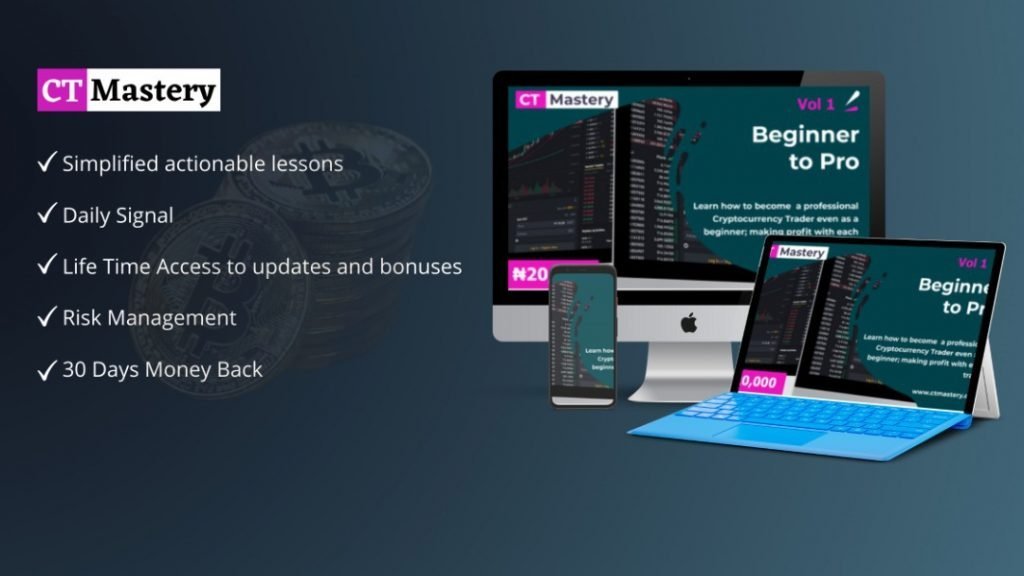
6. Conclusion
Tokenized stocks provide a fascinating opportunity for investors. They get to benefit from the underlying asset’s good performance.
So tell me, will you start buying tokenized stocks?
Perhaps you already did, has it been profitable?
Let me hear your thoughts in the comments section right now.
Also, share this post with your friends, thank you!



0 Comments